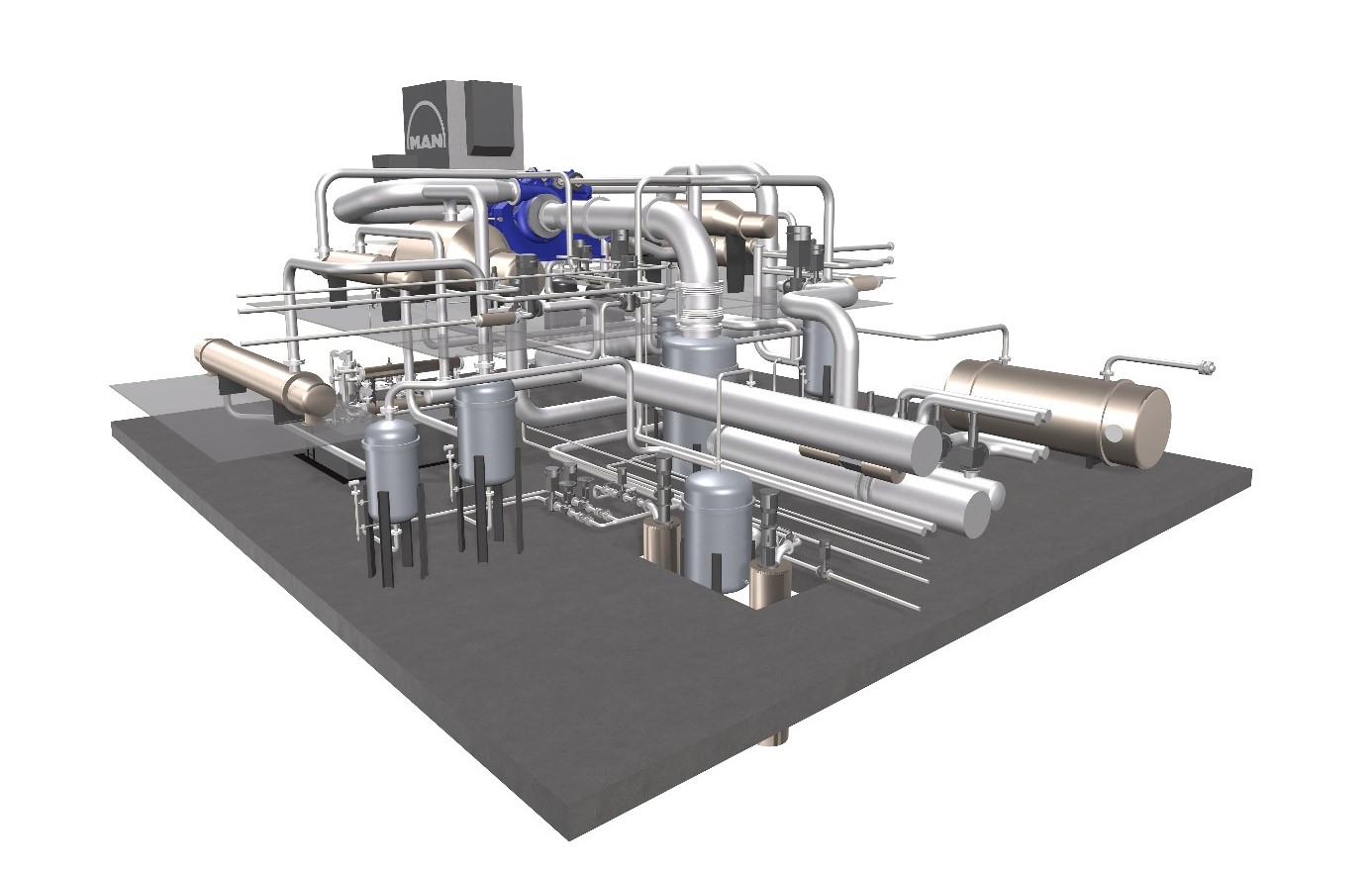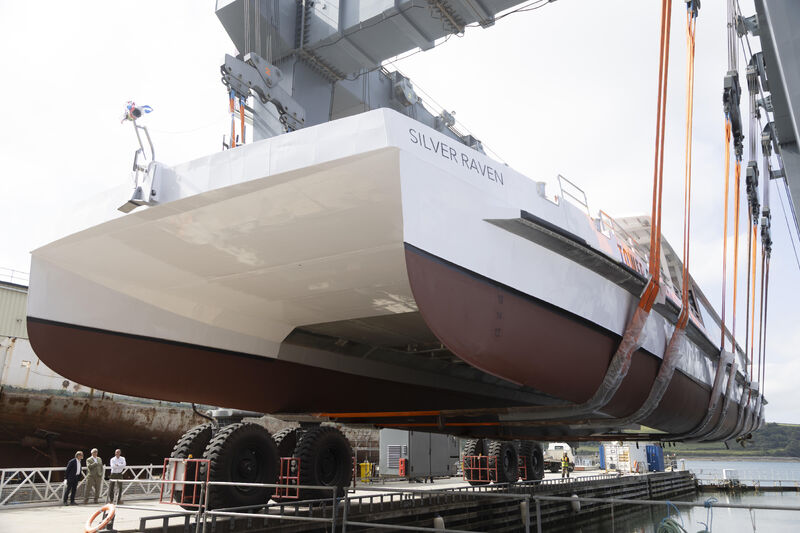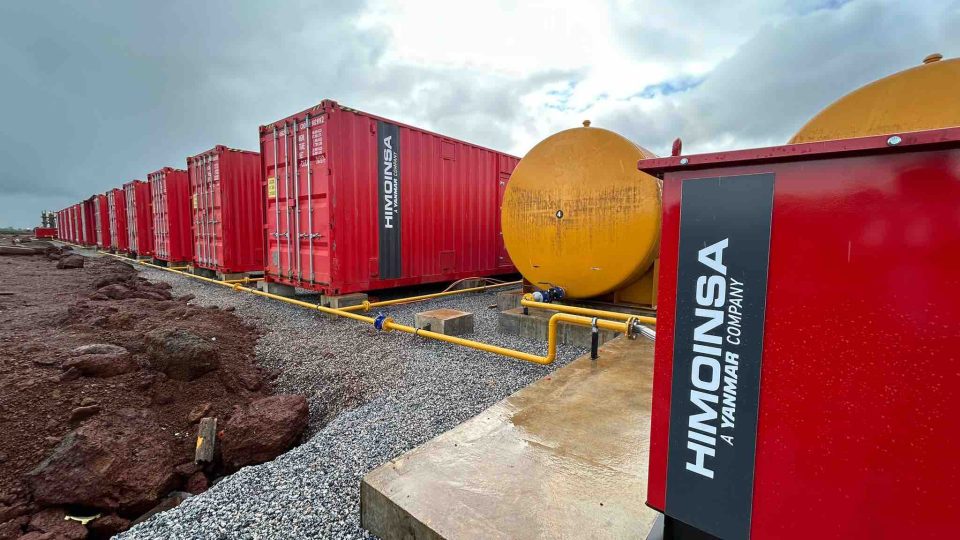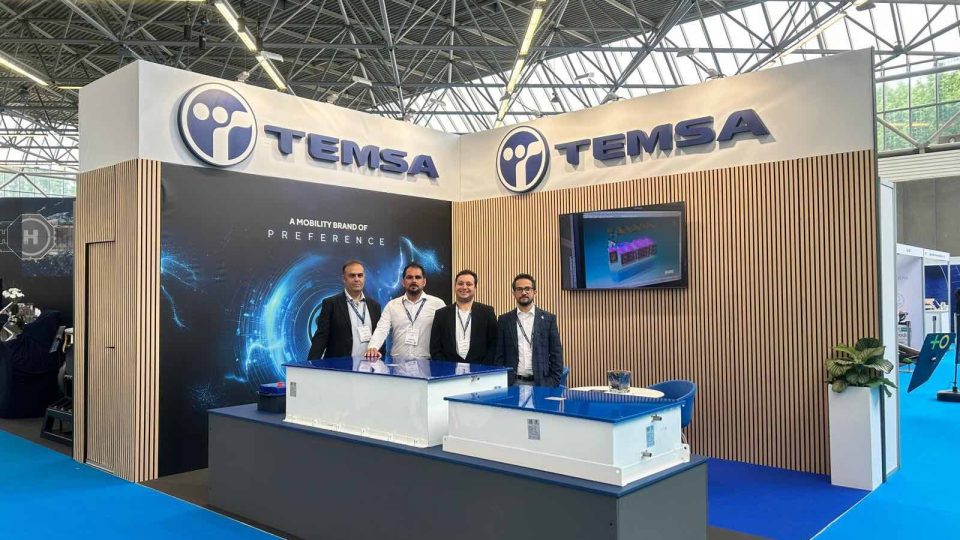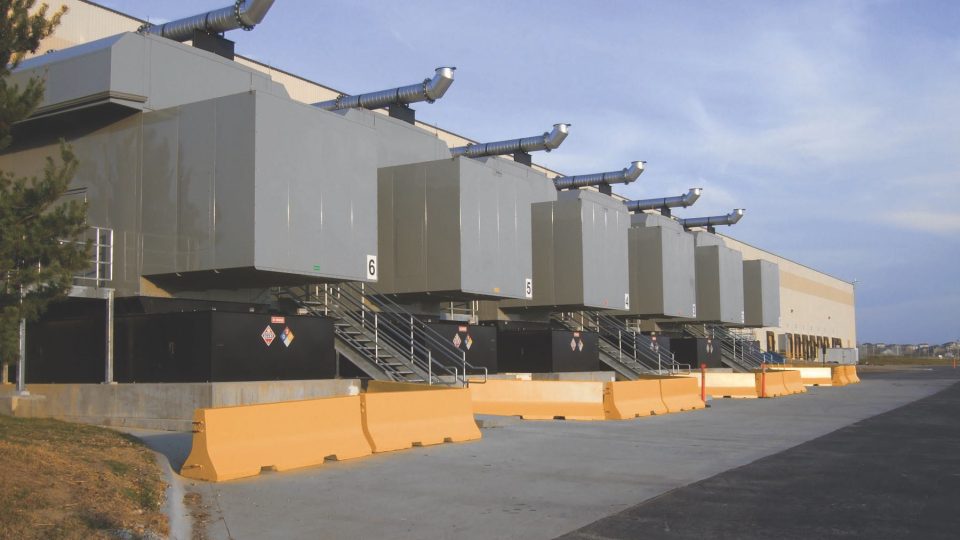MAN Energy Solutions: new strategies to reduce emissions
MAN Energy Solutions has new strategies to reduce CO2 emissions: it has commissioned 51 MW gas-fired, combined-heat-and-power plant in Frankfurt (Oder) and has provided ME-GI engines to help reduce vessels’ emissions to minimum. These engines have potential to set new standard for LNG-fuelled ships carrying liquid CO2.
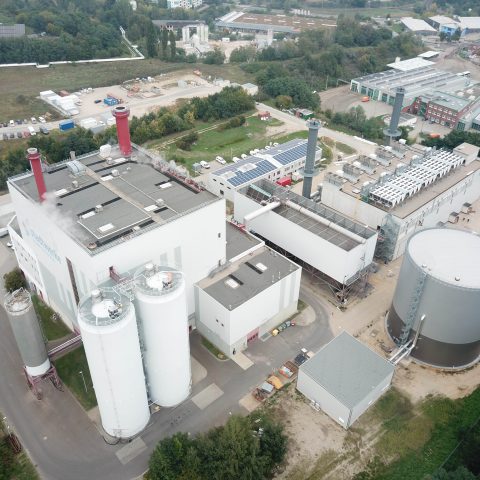
MAN Energy Solutions has new strategies to reduce CO2 emissions: it has commissioned 51 MW gas-fired, combined-heat-and-power plant in Frankfurt (Oder) and has provided ME-GI engines to help reduce vessels’ emissions to minimum. These engines have potential to set new standard for LNG-fuelled ships carrying liquid CO2.
The CHP plant is powered by five MAN 20V35/44G gas engines, which provide 51 MW of electrical energy as well as 50 MW of district heating. In addition, MAN has installed a hot-water boiler with a capacity of 20 MW, increasing the total thermal capacity of the plant to 70MW. Despite constant challenges due to the Covid-19 pandemic over the past two years, MAN and Stadtwerke Frankfurt (Oder) were able to complete the commissioning within the estimated schedule. The five engines have been test-run since mid-February of this year.
The new, gas-engine power plant replaces an older, soon-to-be-retired CHP plant, which has supplied electricity to around 33,000 households and commercial customers – as well as district heating to around 19,000 households and companies – locally since 1997. Previously, this plant was operated with both lignite and natural gas, while the new facility will supply the same distribution network with heat and electricity generated exclusively from the more climate-friendly natural gas.
MAN Energy Solutions engines to power liquid CO2 carriers
Dalian Shipbuilding Industry has ordered two MAN B&W 7S35ME-GI dual-fuel engines in connection with the construction of two 7,500 cubic-metre, liquid CO2 carriers for Northern Lights, the joint venture between Equinor, Shell and TotalEnergies. Each ME-GI engine will feature MAN Energy Solutions’ proprietary EcoEGR (Exhaust Gas Recirculation) system. Delivery of the 130-metre carriers has been set for mid-2024.
Northern Lights is responsible for developing and operating CO2 transport and storage facilities as part of “Longship”, the Norwegian Government’s full-scale, carbon-capture-and-storage (CCS) project. Northern Lights will create the first ever, cross-border, open-source, CO2 transport-and-storage infrastructure network, offering European companies the opportunity to store their CO2 safely and permanently underground.The dual-fuel ME-GI engines will mainly run on LNG, while other innovative technologies – such as a wind-assisted propulsion system and air lubrication – will be installed to reduce carbon intensity by around 34%, compared to conventional systems. The ships are the first of their kind and have the potential to set a new standard for CO2 shipping on coastal trading routes.
